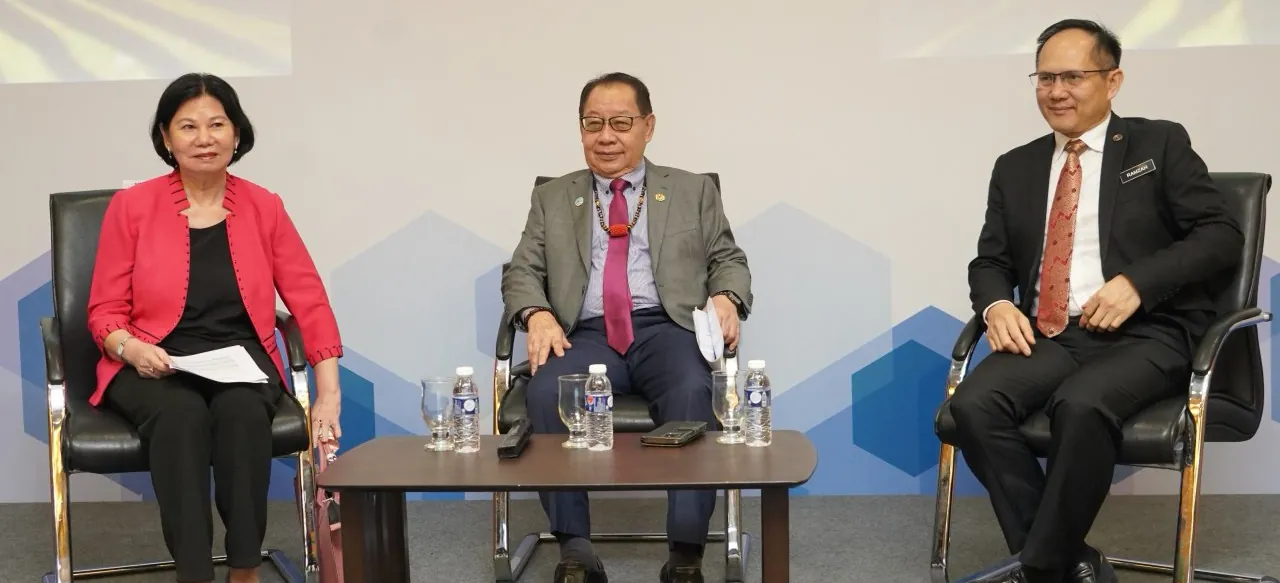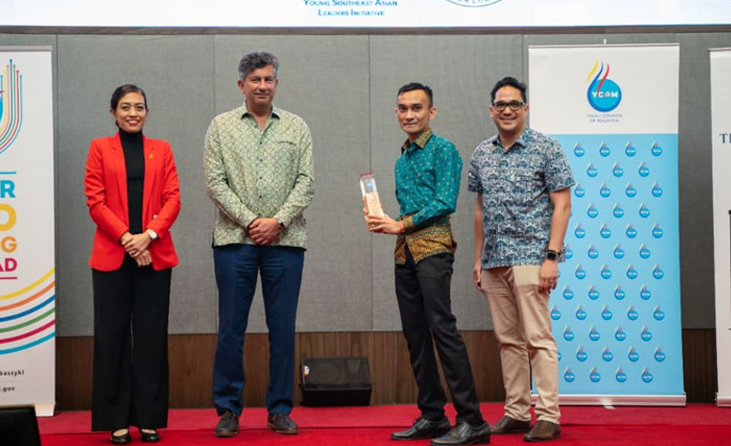By a lawyer Mohd Ustar Bin Haji Abdul Ghani
KOTA KINABALU: Whether we could have a non-Muslim Head of State (Governor) would depend very much on how we discern such contemplation.
Beyond antagonistic debates, such prospects should not be equated as a mere impossibility or a sacred subject.
There will be reasonings from both sides of the fence: a traditional belief that the governor’s post was always meant for a Muslim candidate, while recent reformist calls wanted a departure from tradition to appoint a non-Muslim to that post.
Regardless of the many views dividing the Yes and No frontier, differences of opinion should realistically be based on the existing constitutional framework allowed.
In the absence of strict constitutional provisions, we should define whether the very act in question would constitute unconstitutionality or simply departing from tradition.
The latter affords us a choice of preferred decisions without judicial disquiet and constitutional confrontation.
Visiting the realm of a tabooed proposition, history would provide a benchmark for tolerable exploits.
Tun Leong Yew Koh was appointed as the first Governor of Malacca (the equivalent of TYT) in 1957 to 1959. Being Chinese and a non-Muslim, the religious and racial lines were probably blurred by tolerance and acceptability.
Constitutional provisions for the appointment of a governor never dictated race or religious clauses.
Articles 1 and 2 of the Sabah State Constitution spell out clearly the criteria and requirements for appointing a governor.
The two provisions never allocated only a Muslim to be appointed as governor.
Article 5A of the Sabah Constitution provides Islam as the religion of the state, which corresponds with Article 3(1) of the Federal Constitution. It is settled law that the governor is not the head of religion insofar as Sabah, Sarawak, Pulau Pinang, and Malacca are concerned.
The head of religion in those four states is tasked with the Yang Dipertuan Agong, as clearly spelt out under Article 5B of the Sabah Constitution, which is substantially in pari materia with Article 3(3) of the Federal Constitution.
There are arguments about the Oath of the Office of the Governor.
Many contend that a non-Muslim governor will be awkwardly placed as the oath of office will include the phrase “defending the religion of Islam.”.
Based on the Oath of Office for a Governor as provided under Part I of the First Schedule, there is no such provision; otherwise, Tun Leong Yew Koh would not have become Malacca’s Governor.
Seemingly, arguments are stretched simply due to a lack of comprehension of the function of a governor.
Many equated the governor’s standing to that of the rulers (sultan of a state) on the simple ground of being a member of the Conference of Rulers.
The title TYT (Tuan Yang Terutama) viewed under the spectacle of an ordinary layman would suggest equal standing to that of a ruler, which is erroneous.
Though rigid arguments would contend with the many ‘ifs’ and ‘buts, assuming a non-Muslim would be appointed, the Federal Constitution and the State Constitution are in place to guide us. Anything beyond what is legally prescribed is just an issue of morality and practicality.
The governor functions as a ceremonious figure of a state other than giving consents. Arguments will once again be stretched on ifs and buts.
What happens if Muslims celebrate religious ceremonies or functions? What happens during the “Tilawah al Quran”?. Is the governor’s attendance compulsory? Will he be required to dress in the traditional attire of the Malay costume with the Malay headgear? These, to me, are issues of triviality, which we should overcome with a more positive approach based on the Bornean spirit of tolerance and respect.
We should not reduce the threshold of appointing the head of state to traditional practice. Departing from tradition involves a strong will to confront hostile sentiments.
We should not subject ourselves to rigid traditional practices. We should allow ourselves to reform applications that suit our multiethnic composition and, most importantly, our Bornean values and spirits.
Where religion allows us to be fair, allow fairness to prevail.











